How to Get Your Child to Brush Their Teeth Regularly

Encouraging Regular Teeth Brushing in Children
Getting children to brush their teeth regularly can be a challenging task for many parents. However, establishing good oral hygiene habits at a young age is crucial for preventing dental issues and promoting lifelong healthy practices. This article provides practical tips and strategies to motivate your child to maintain a consistent brushing routine, while also addressing common challenges that parents face.
Starting Early: The Foundation of Good Oral Hygiene

Importance of starting dental care early for children
Establishing a dental care routine early is crucial for developing healthy oral hygiene habits. Children should start receiving dental care even before the first tooth emerges. The American Dental Association recommends parents wipe the gums of infants with a damp cloth at night to promote a clean environment.
Techniques for introducing dental care to babies
When the first tooth appears, typically around six months, it's time to begin brushing. Use a small, soft-bristled toothbrush and apply a tiny smear of fluoride toothpaste, about the size of a grain of rice. Ensure to gently brush twice daily and assist your baby until they are skillful enough to brush independently by age six or seven.
Progressive steps from infancy to childhood for oral hygiene
By age two, children can begin brushing themselves with parental guidance. Make this process enjoyable by letting them choose their toothbrush and toothpaste flavors. Incorporate fun techniques like singing a two-minute song, setting a timer, or even turning brushing into a game, which boosts enthusiasm and engagement.
When should I start brushing my baby's teeth with toothpaste?
You should start brushing your baby's teeth with toothpaste as soon as the first tooth erupts, which is typically around six months of age. At this stage, use a small-headed, soft-bristled toothbrush and apply a grain-of-rice-sized amount of fluoride toothpaste. This practice helps prevent plaque buildup and establishes good oral hygiene habits early on. It's important to brush the baby's teeth twice a day, even if the child resists at first. Once your child turns three, you can increase the amount of toothpaste to a pea-sized amount.
Building Independence: When and How to Start

At what age should a child start brushing their own teeth?
Children can begin learning to brush their teeth around the age of 3. At this stage, they will need assistance from parents to ensure proper technique and thorough cleaning. By ages 5 to 7, most children will have developed the necessary skills to start brushing a bit more independently. Typically, children can brush effectively on their own between the ages of 6 and 9. However, readiness largely depends on individual skill and responsibility rather than age. By age 8, most children should be able to brush confidently, but it's essential for parents to continue overseeing their brushing habits to ensure good oral hygiene practices.
How long should I help my child brush their teeth?
Dental professionals recommend that all children should brush for a minimum of two minutes, twice a day—especially before bed. Parents should assist their children with brushing until they are around 8 to 10 years old, as younger children often lack the coordination necessary for effective brushing. An engaging approach can involve using a timer or playing a song to make the activity fun. As children develop more skills, they should be encouraged to brush their teeth first, with parents following to check if all surfaces have been thoroughly cleaned.
Steps to encourage independence in oral hygiene
- Model behavior: Brush together to show the importance of the routine.
- Let them choose: Allowing kids to pick their toothbrush and toothpaste increases excitement.
- Make it fun: Turn brushing into a game with songs or timed challenges.
- Gradually reduce help: As children gain confidence, decrease your assistance while staying close to guide them.
- Use images of good brushing techniques: Display charts that can act as reminders for proper technique and brushing areas.
Guidance and supervision needs for young children
Although children may begin brushing independently, they still require guidance and supervision. Monitoring ensures they develop the correct techniques and do not miss any areas. Regular check-ins can help reinforce good practices, and parents can utilize encouragement or rewards to maintain enthusiasm for brushing.
Dealing with Reluctance and Resistance

Why are children often reluctant to brush their teeth?
Children often resist brushing their teeth for several reasons. Sensory sensitivities, particularly in those with conditions like Autism Spectrum Disorder, can make brushing uncomfortable or overwhelming. Additionally, the prospect of stopping a fun activity can make them reluctant, leading to avoidance of the task. Many children also feel a lack of control in the process, and poor past experiences or misconceptions about dental care can further hinder their willingness to establish a brushing routine.
What should I do when my child refuses to brush their teeth?
When your child refuses to brush, consider these strategies:
- Make it Fun: Let them pick a toothbrush with a beloved character or choose a favorite toothpaste flavor.
- Use Songs and Stories: Incorporate entertaining songs or engaging stories to emphasize the importance of dental hygiene.
- Timing Games: Use a timer to create a fun challenge, ensuring they brush for the recommended two minutes.
- Reward Systems: Implement a sticker chart or reward system to motivate them to brush regularly.
If the resistance continues, consulting a pediatric dentist can provide additional support and help rule out any physical sensitivities that might be affecting their brushing comfort.
Creating a positive and fun brushing environment
Creating an enjoyable brushing routine includes establishing a vibrant brushing area adorned with fun decorations, using upbeat music during brushing time, and turning the activity into a game where you check for "plaque bugs." Make sure you model good brushing behavior and brush together as a family, reinforcing the importance of dental hygiene in a fun, engaging way.
Making Brushing Fun and Engaging

Creative techniques to make brushing enjoyable
Getting children excited about brushing their teeth is easier with a little creativity. Start by allowing them to choose their own colorful toothbrush and fun-flavored toothpaste. Using toys, like a puppet or a doll, can also help demonstrate brushing techniques and draw their interest.
Using music and games to encourage brushing
Making tooth brushing a game can significantly improve engagement. Use a timer, or even better, set a two-minute song playlist. Encourage your child to brush along to the music and keep brushing until it ends. You can also transform brushing into a playful competition, such as who can make the most bubbles with their toothpaste!
Fun dental hygiene tools and gadgets
Introducing various gadgets can enhance the brushing experience. Consider using a fun toothbrush that lights up or vibrates to make brushing feel like a game. Apps like the Aquafresh Brush Time App feature entertaining stories and tunes that can further enhance their excitement and motivation to brush.
How can I get my child to brush their teeth for 2 minutes?
To help your child brush their teeth for a full two minutes, consider creating a playlist of catchy songs that are at least two minutes long, and encourage them to brush until the music stops. You can also use engaging videos or apps, like the Aquafresh Brush Time App, which contains fun features and songs to make brushing enjoyable. Establishing a routine where you brush your teeth together can motivate your child to participate and make it a fun activity. Additionally, using fun elements like Aquafresh 'nurdles' or pretending to be animals can make the experience more playful.
Parental Involvement: A Key Factor

How Can Parents Motivate Their Child to Brush Their Teeth?
Parents can play a pivotal role in encouraging their child's dental hygiene by establishing a fun and positive routine. Starting by modeling good oral hygiene habits themselves is vital. When parents brush and floss together as a family, they not only reinforce the habit but also create a bonding experience around dental care.
Involving children in the decision-making process helps foster excitement. Allowing them to choose their own toothbrush—perhaps one featuring their favorite character—and select a fun, kid-friendly toothpaste flavor makes brushing feel less like a chore and more like an enjoyable activity. Additionally, incorporating tools like colorful, hand-held flossers can make flossing appealing.
Engagement can also come from educational resources such as books and videos that illustrate the importance of dental hygiene in a relatable way. Finally, adding music to the brushing routine can transform it into a delightful game, helping children remember to brush for the full two minutes recommended by dental professionals.
Understanding and Implementing the 3-3-3 Method (Bonus Insight)
What is the 3-3-3 brushing method?
The 3-3-3 brushing method is a dental hygiene practice designed to enhance oral health by encouraging consistent plaque control. This method suggests brushing teeth three times a day, specifically within three minutes after each meal, for a duration of at least three minutes per session. Originating from Korea, this practice aims to prevent periodontal disease and maintain strong dental hygiene through frequent brushing.
Benefits of the 3-3-3 Method
Implementing the 3-3-3 method into daily routines can lead to several benefits, including:
- Minimized Plaque Buildup: Frequent brushing reduces plaque accumulation, promoting healthier gums and teeth.
- Decreased Risk of Tooth Decay: Consistent cleaning helps eliminate food particles and sugar residues that can cause cavities.
- Enhanced Freshness: Brushing after meals keeps breath fresher throughout the day.
By integrating this method alongside traditional brushing techniques, parents can encourage their children to develop proactive dental hygiene habits that last a lifetime.
Instilling Lifelong Dental Habits
By implementing these strategies and understanding the challenges children face, parents can play a pivotal role in establishing effective dental hygiene practices for their children. Remember, consistency, encouragement, and making the experience enjoyable are key components to motivating children to brush their teeth regularly. Emphasizing the importance of dental care from an early age not only prevents oral health issues but also lays the foundation for lifelong healthy habits.
References
- Six Creative Ways to Get Your Kids to Brush Their Teeth | Orajel™
- How to Help a Child Who Won't Brush Their Teeth - Colgate
- 5 Fun Ways to Get Your Kids to Brush Their Teeth - Aetna
- Get Kids to Brush Their Teeth: 8 Tips and Tricks (Plus One)
- Ways You Can Motivate Your Kids To Brush Their Teeth
- How to Help Kids Who Don't Brush Their Teeth - Aquafresh
- 10 Ways To Help Your Child Remember to Brush Their Teeth
- What to Do if Your Toddler Won't Brush His Teeth - What to Expect
- Looking after your baby's teeth - NHS
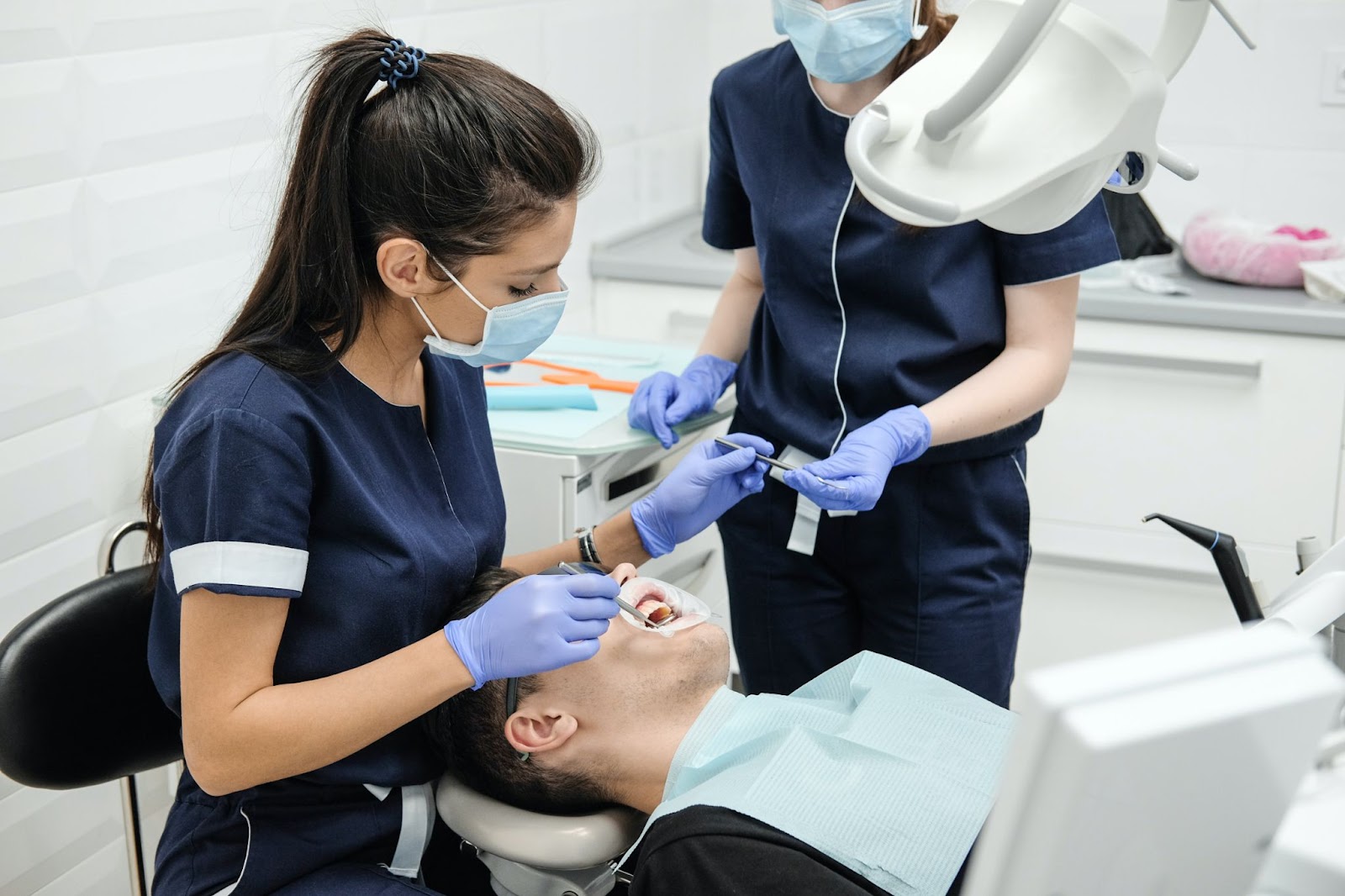




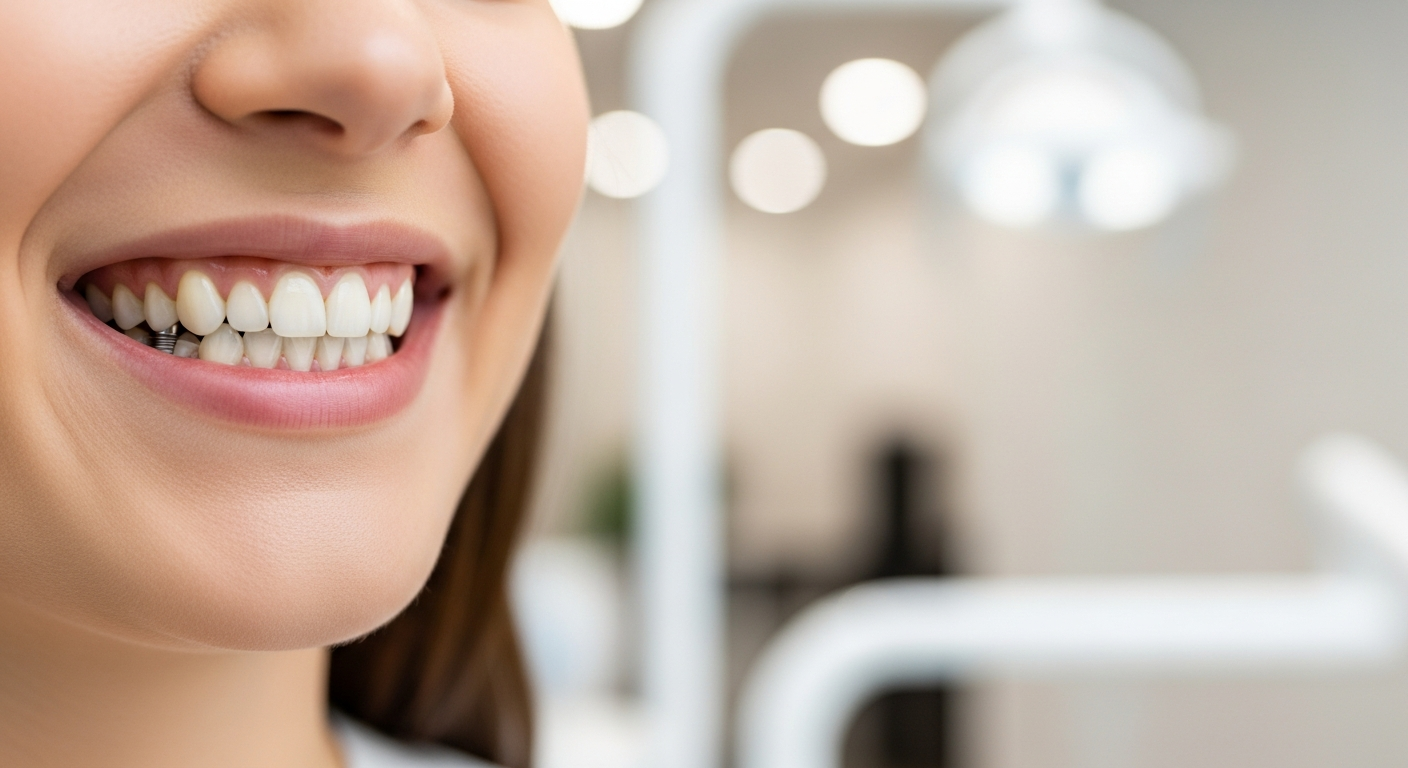
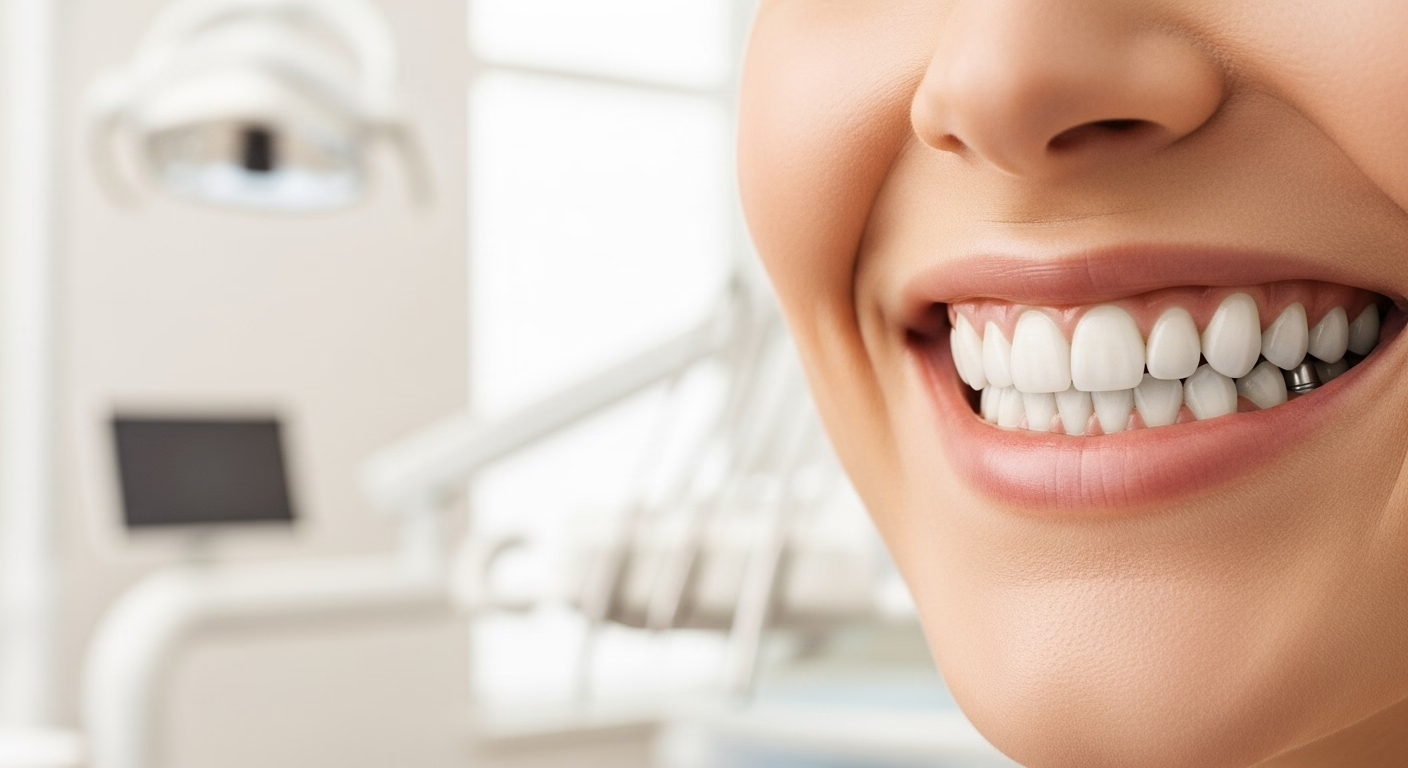
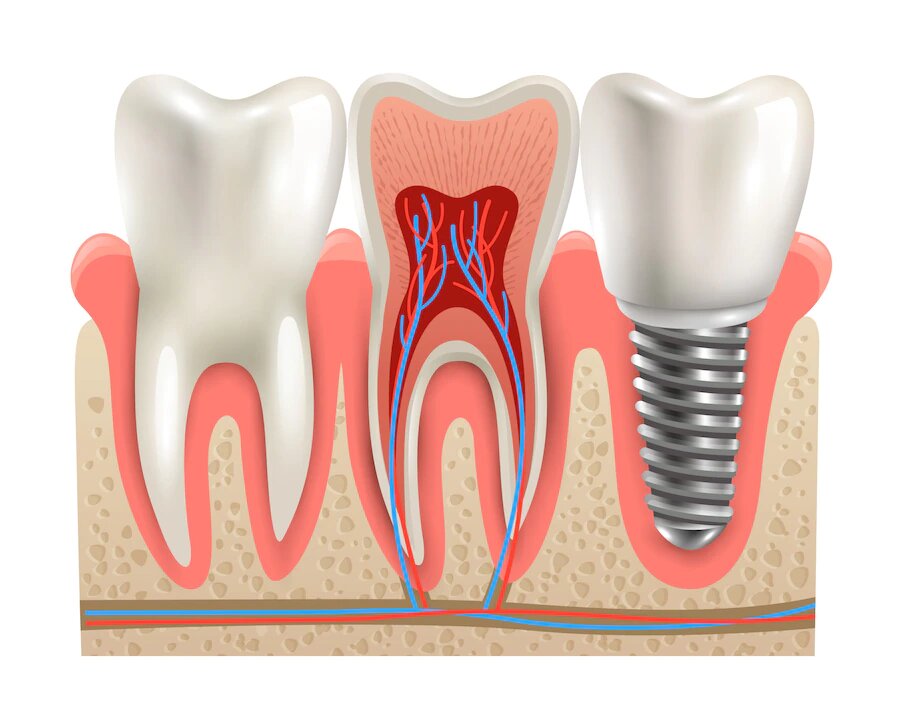
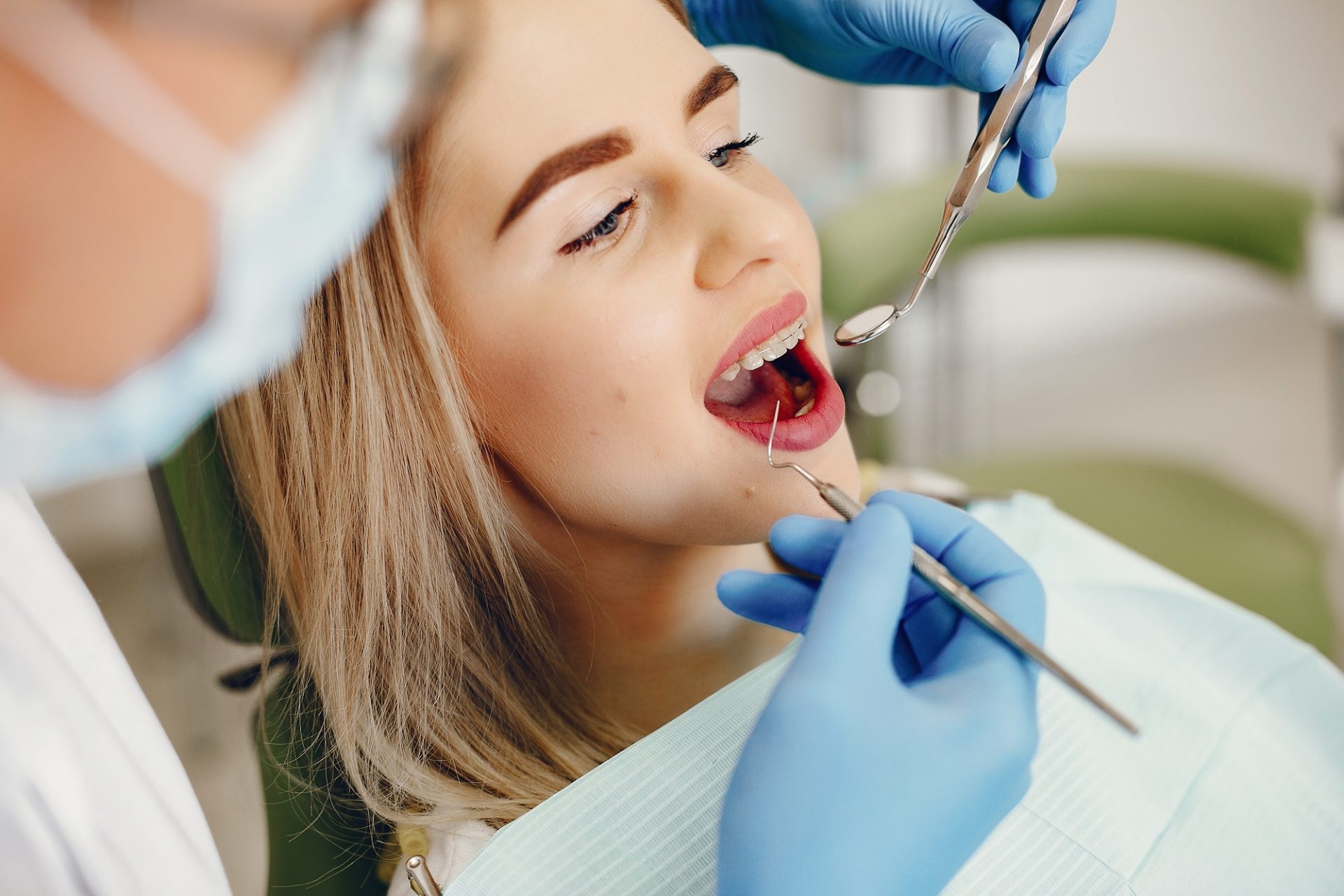







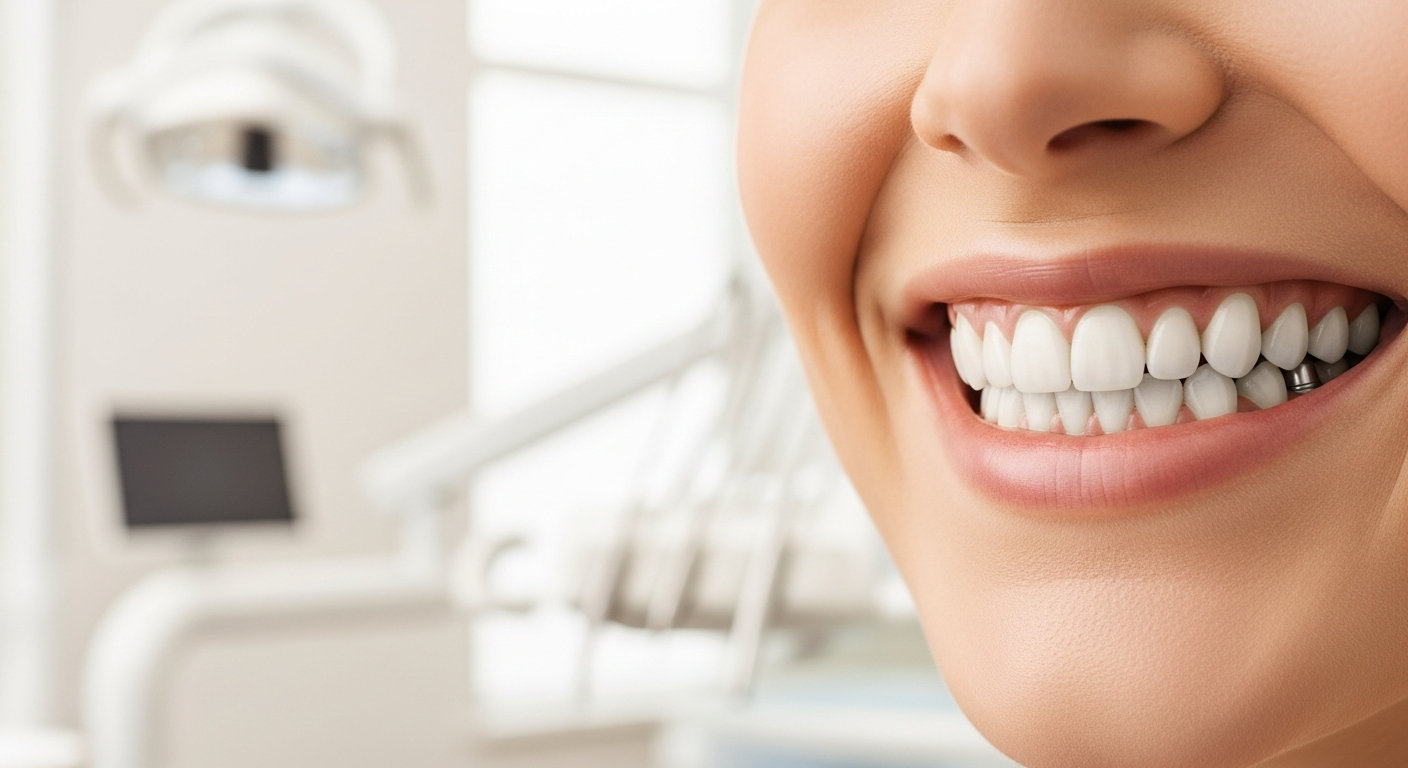

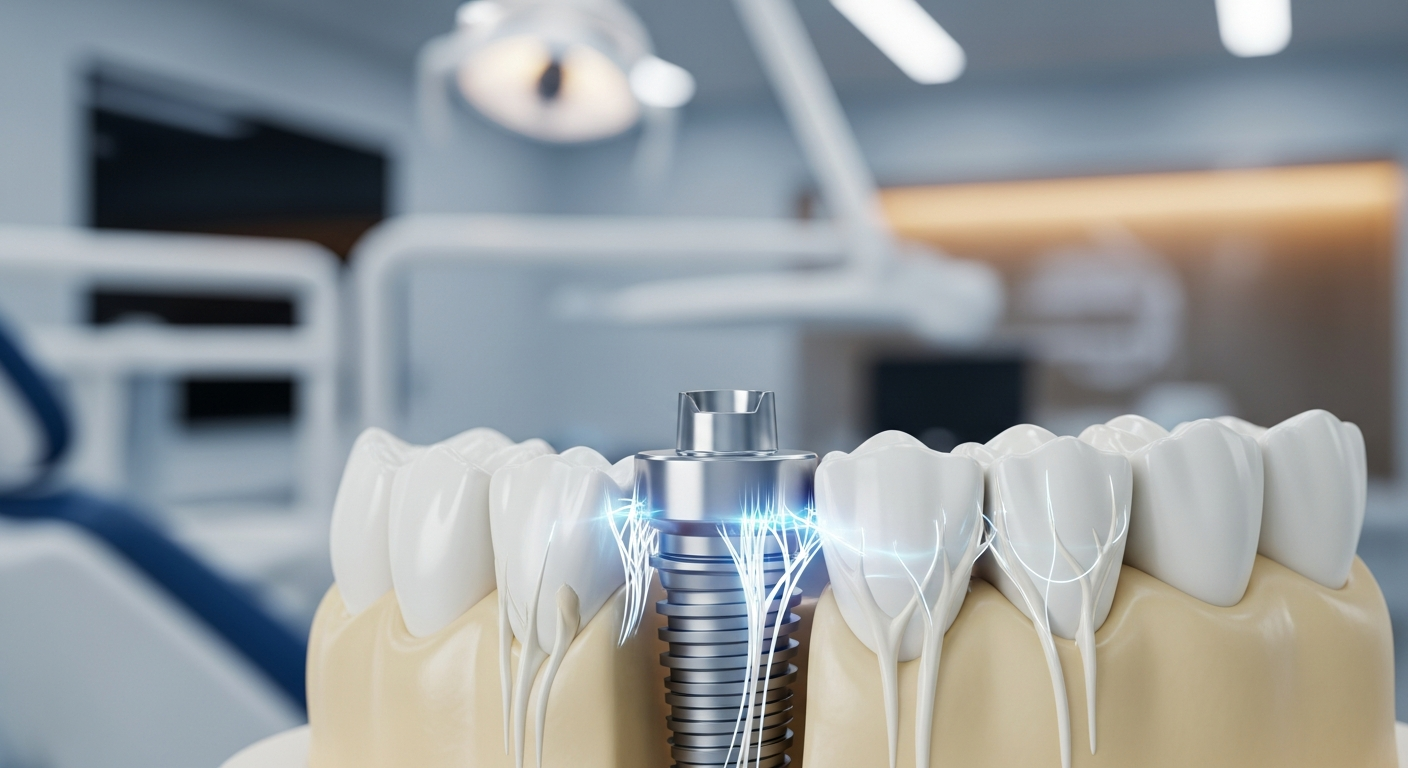
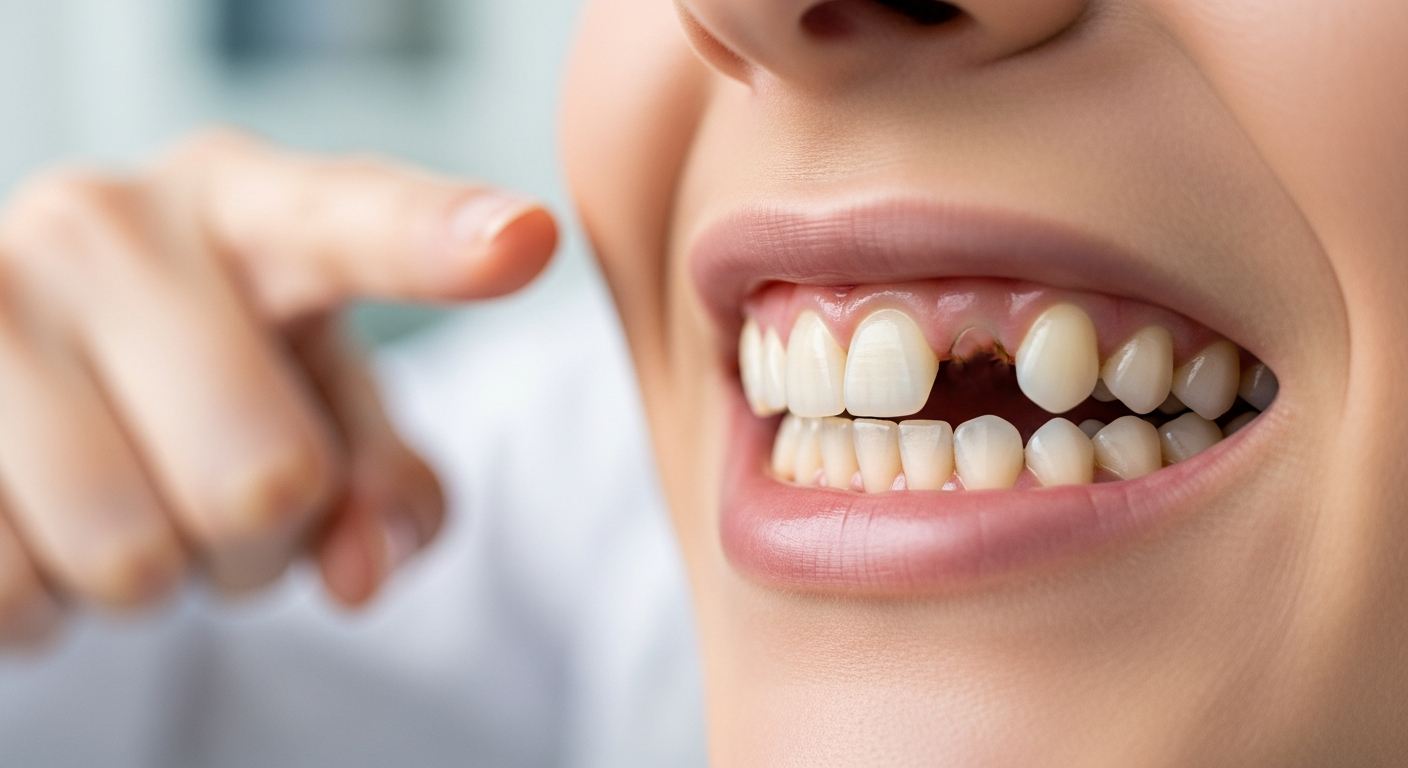





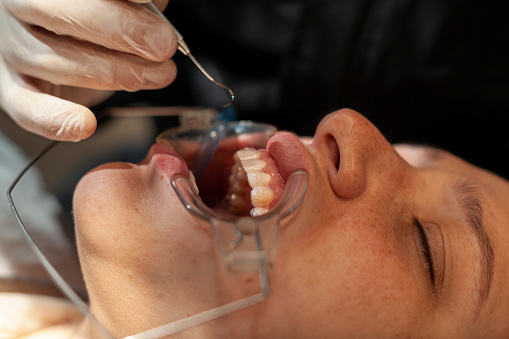

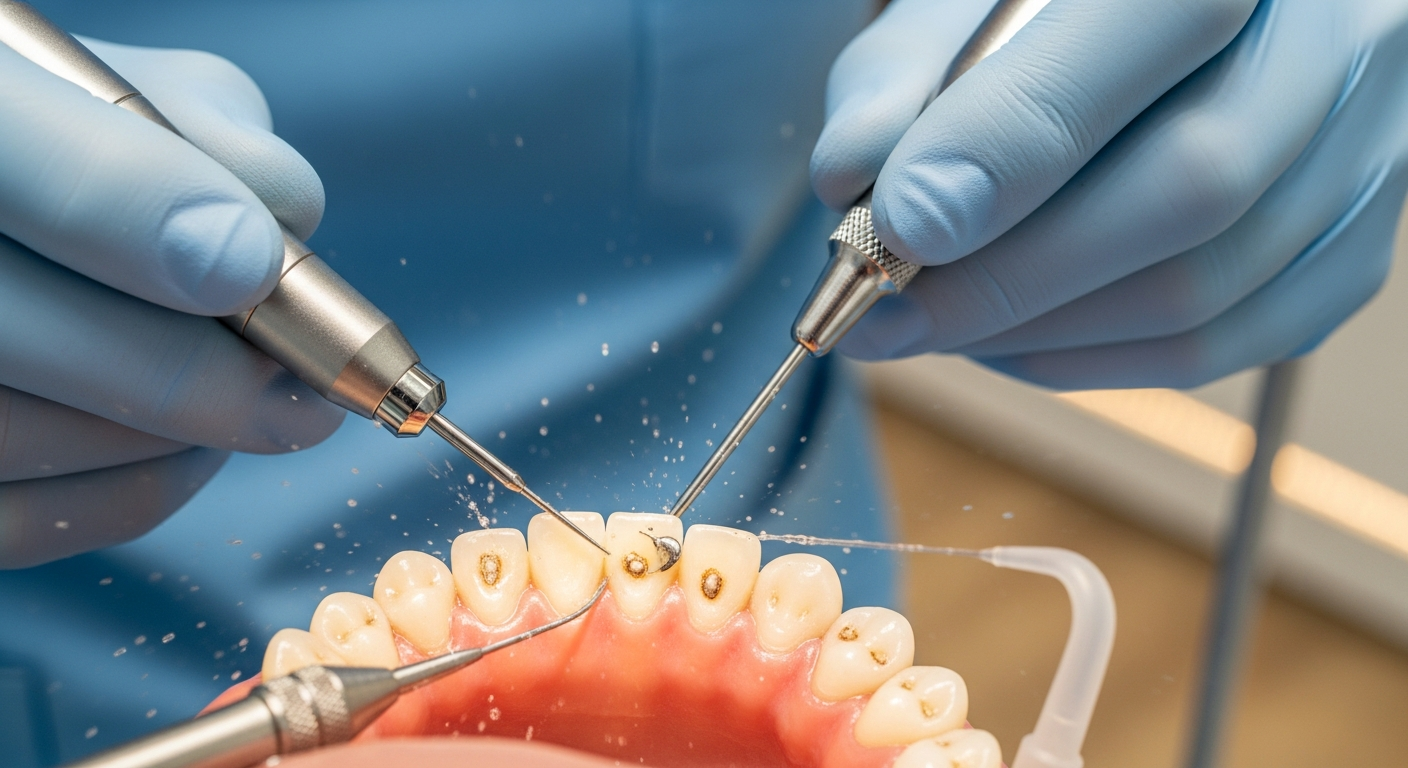


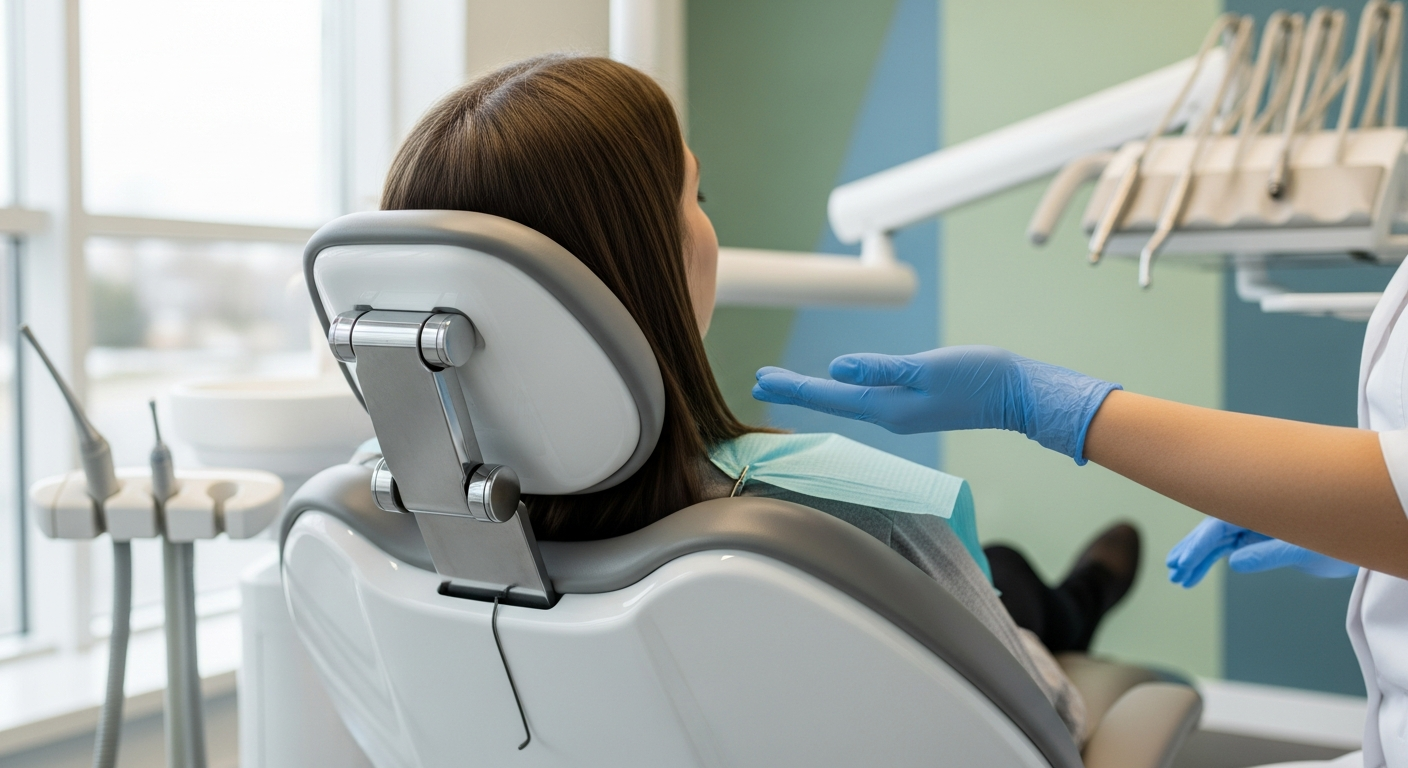

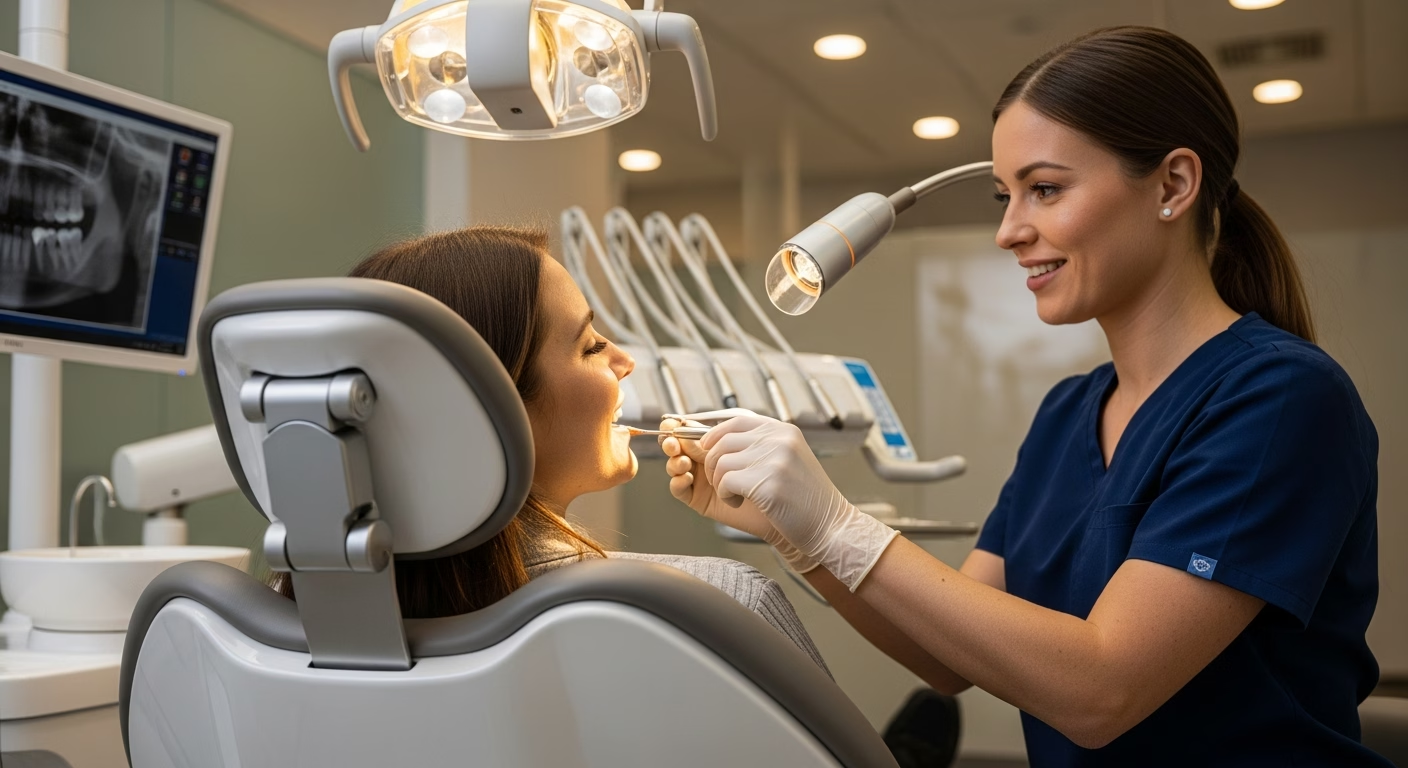
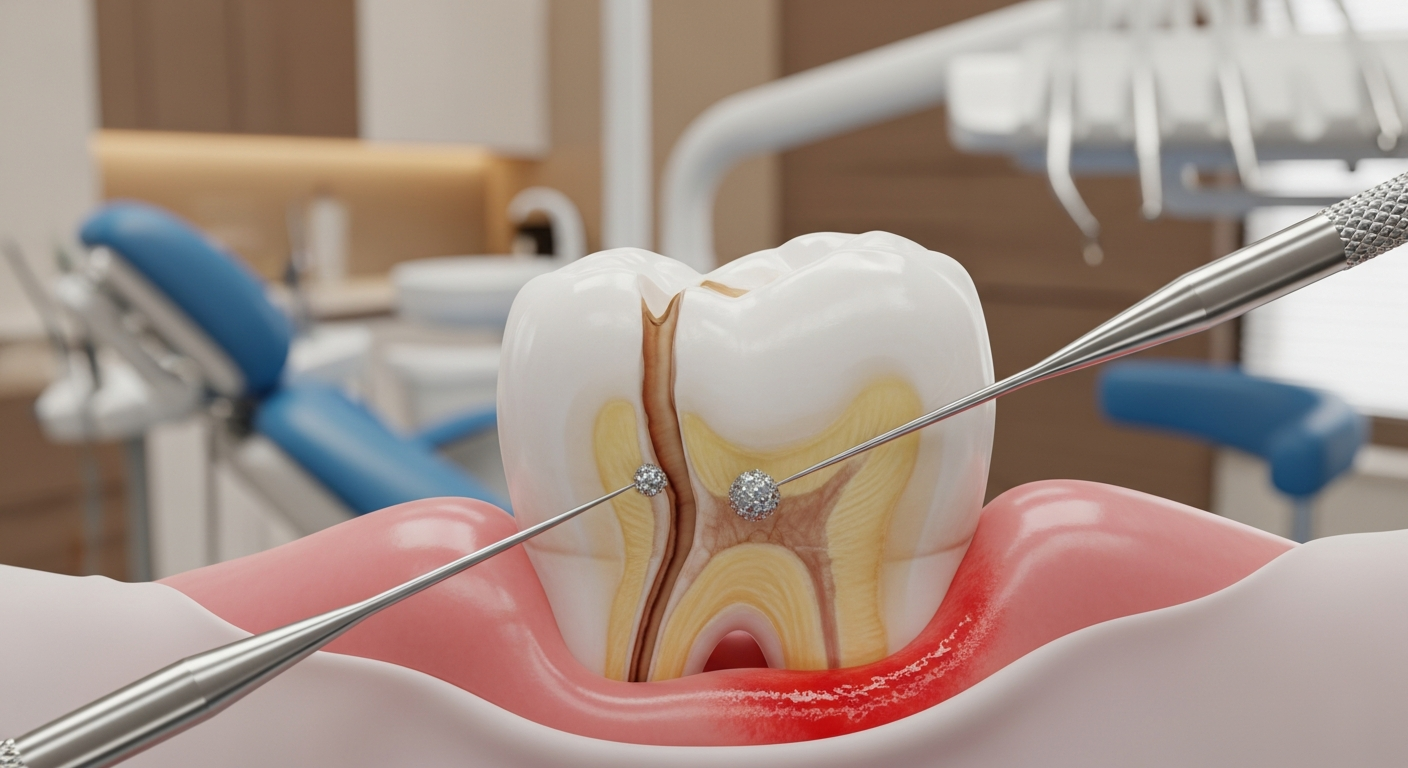



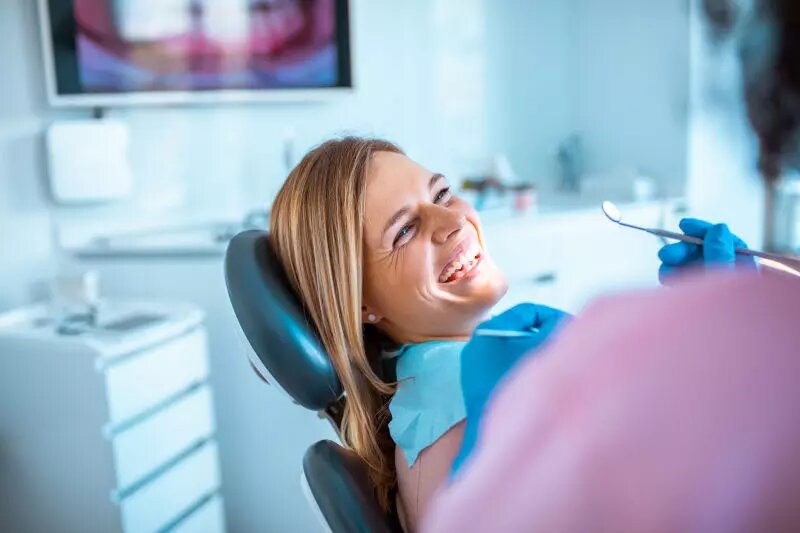
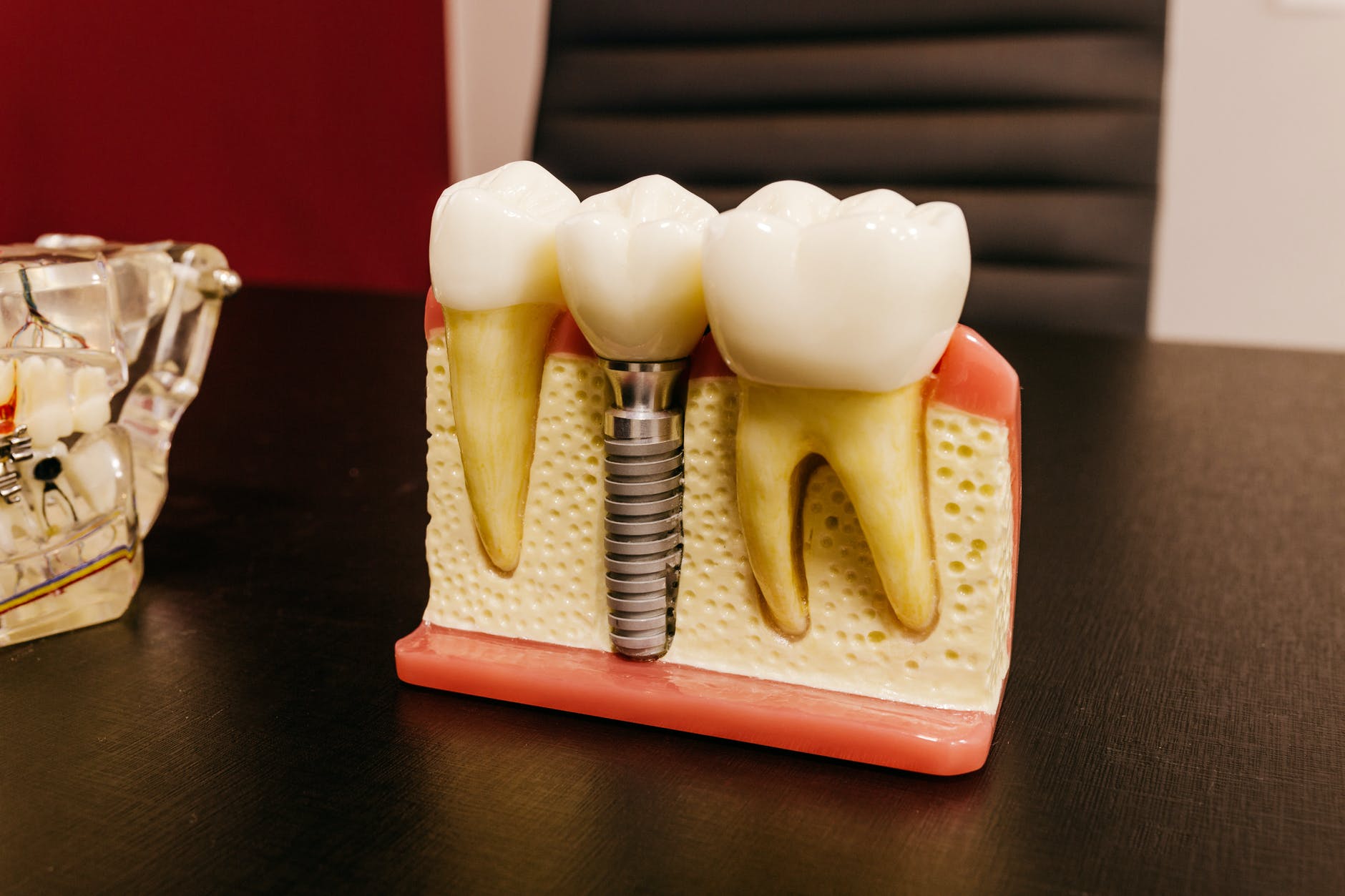


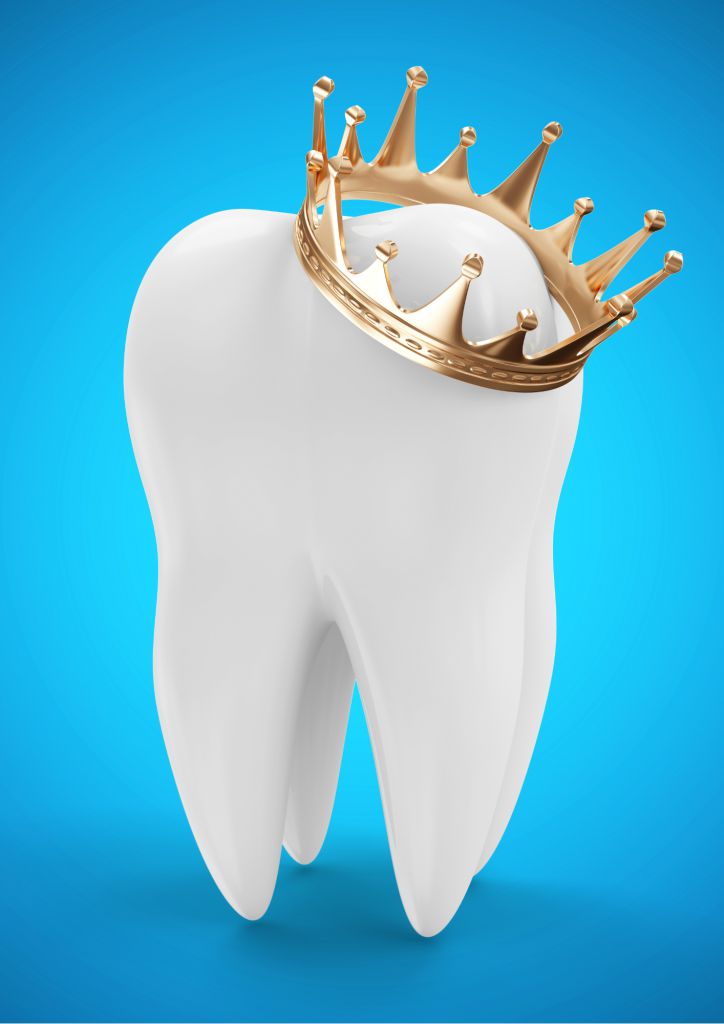



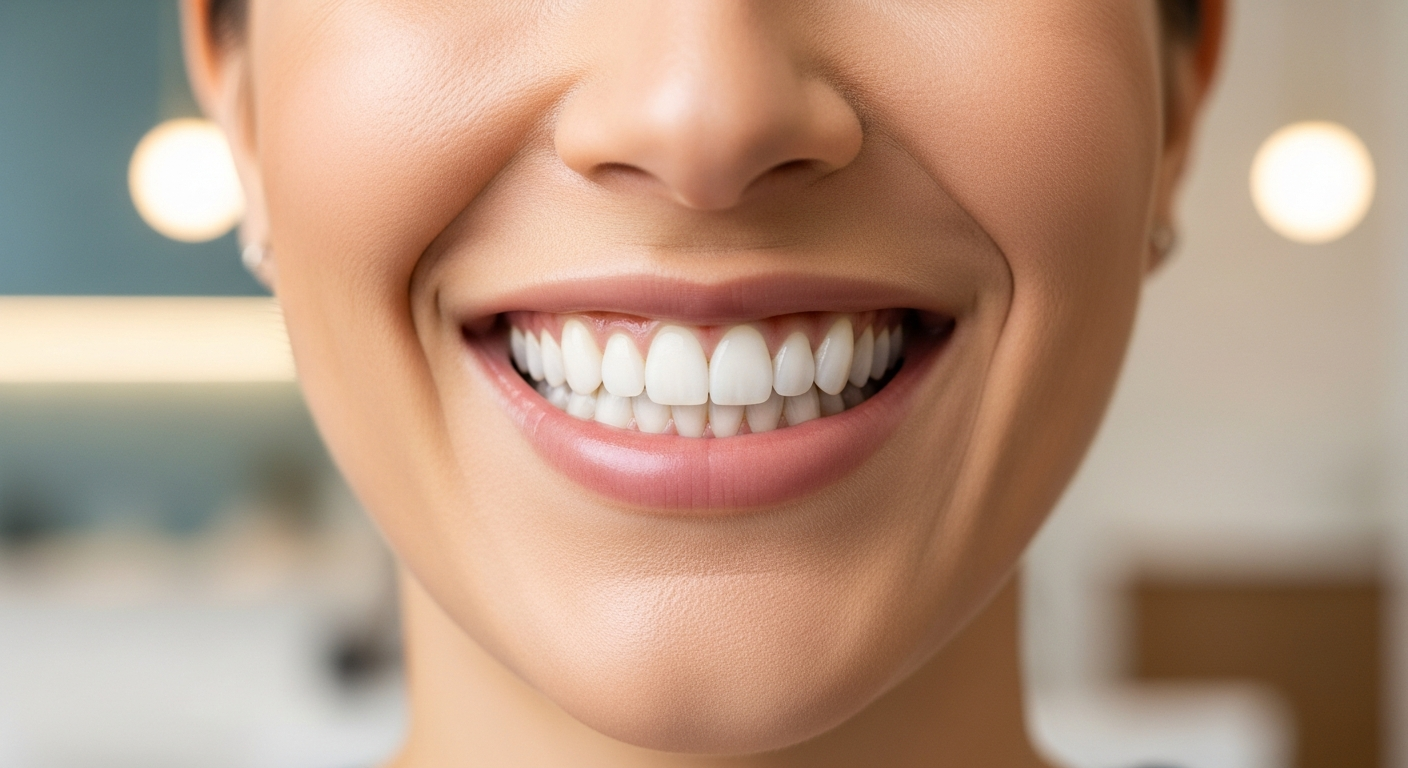



.avif)


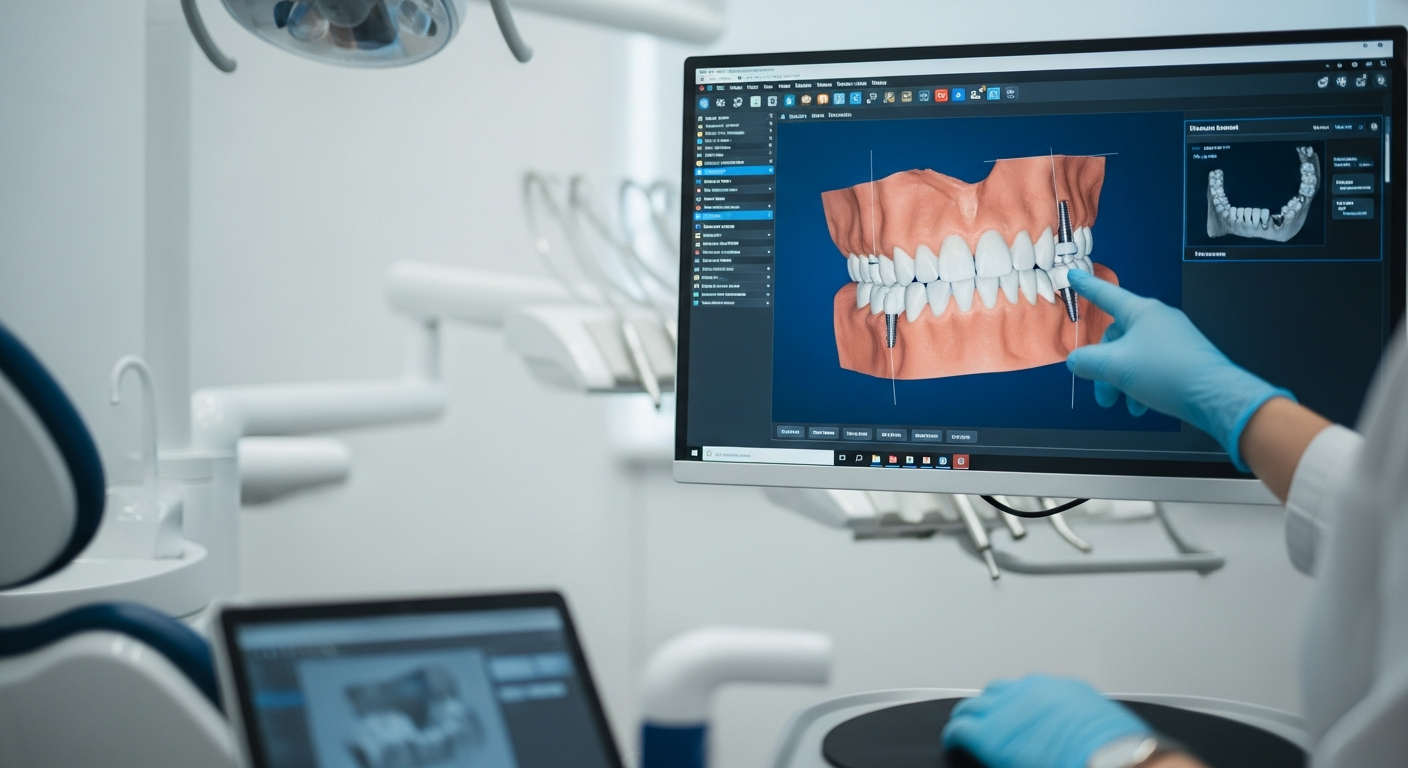

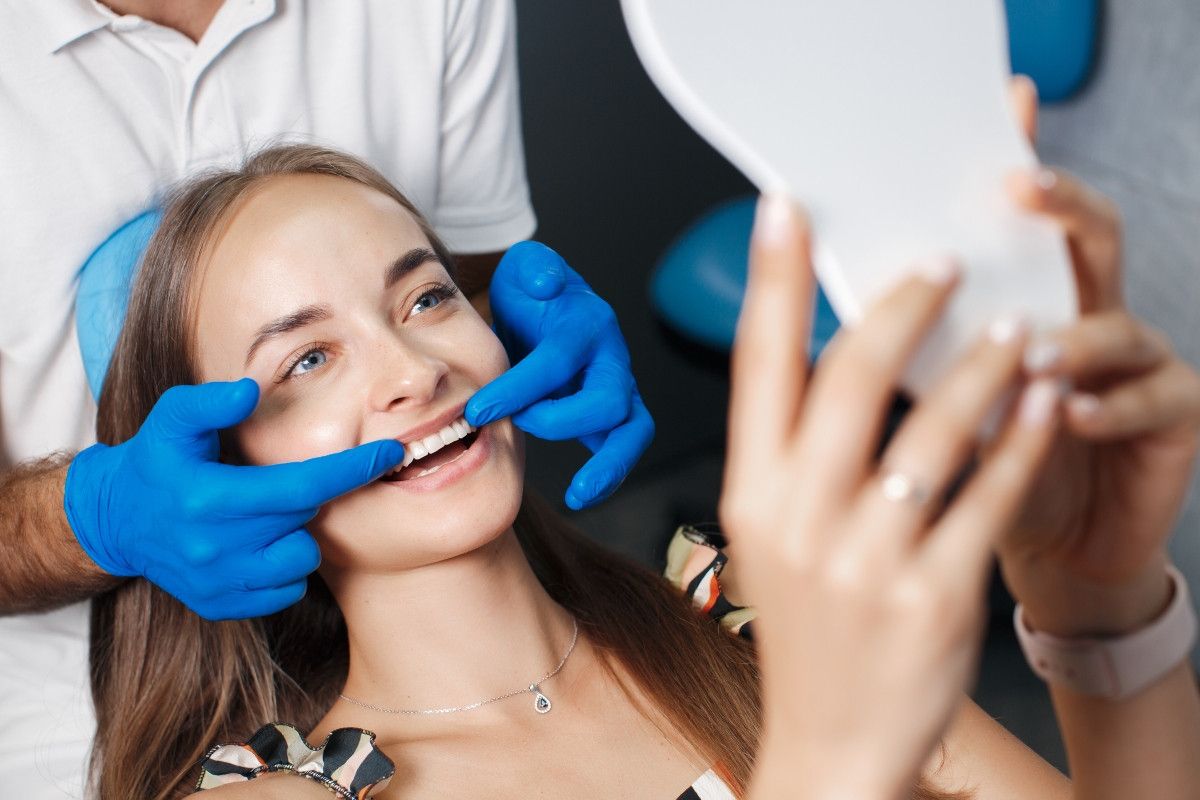

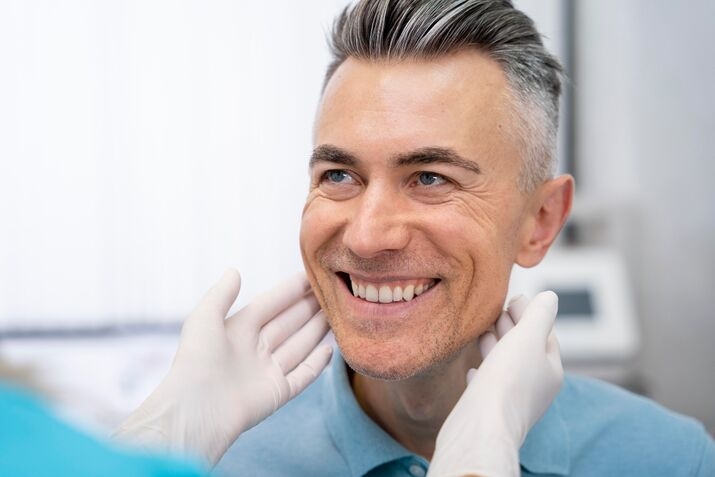
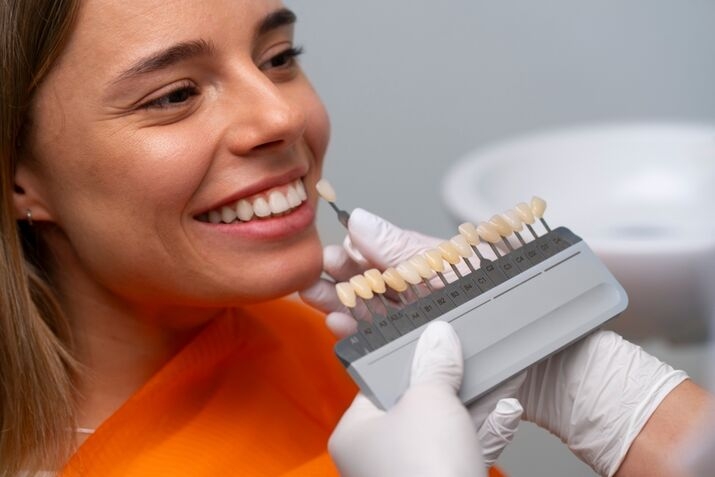
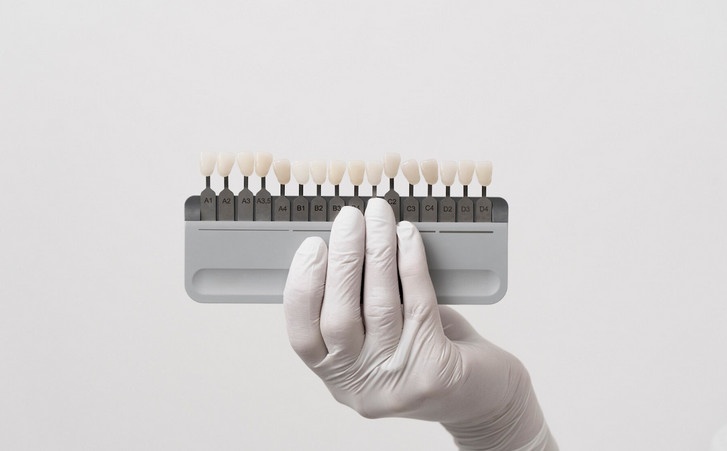

.jpg)


















.avif)


















.jpg)


